To be more precise: Almost the whole of Europe because the biggest single market is proving to be the exception in this case. In Germany, there are, of course, small-format specialist retailer concepts like Werkers Welt (Hagebau/Zeus) and Werkmart (EDE) but they're designed more for smaller cities and rural areas.
The German DIY industry has done an extremely thorough job of educating its do-it-yourselfers to buy their materials on greenfield sites and not in city centres, even if they live there. The small store concept Max that went under with Praktiker's retailer Max Bahr, was the only solitary attempt in this direction.
However, in the countries surrounding Germany, where the hardware specialist trade hasn't completely had its plug pulled, the DIY retailers want to revive the inner city business and thus their revenues with the urban target groups. Here are some recent examples:As recently as June, the Austrian Lagerhaus Group opened two such stores in Vienna.The two pilot stores in the ninth and eleventh district have retail areas of 372 m² and 589 m². The range and marketing model are geared to the urban environment, according to a press release by the parent company, RWA Raiffeisen Ware Austria.
The Finnish Kesko Group has been testing its small concept format K-rauta express since autumn 2015 in Helsinki und Espoo.
In the southern Spanish city of Córdoba, the first Bigmat City opened in the middle of May. With a little over 1 000 m², it's a seemly untypical representative of the new format, as the cooperation normally aspires to spaces of around 400 m². The format was developed for cities with more than 50 000 inhabitants. Between 10…

 Menü
Menü




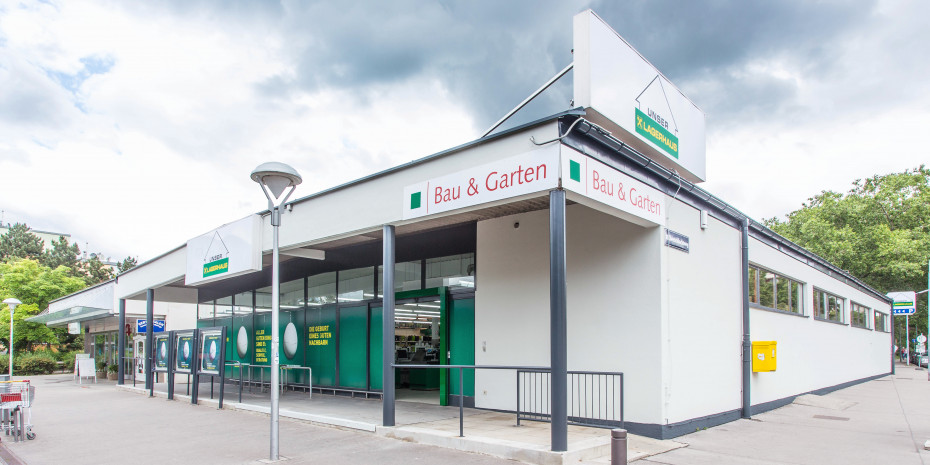


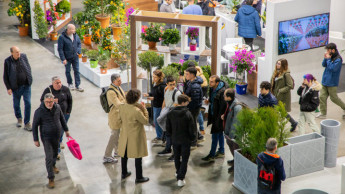
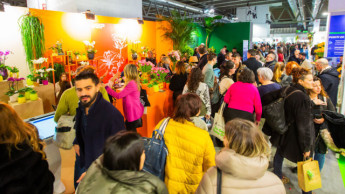

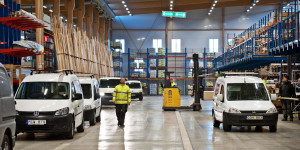


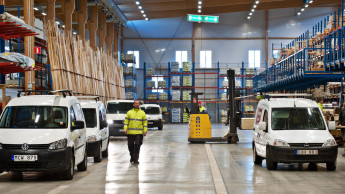
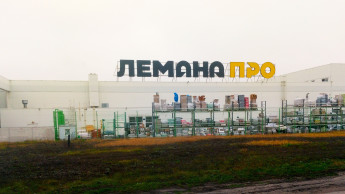
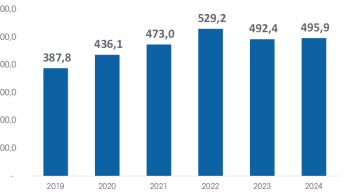
 Newsletter
Newsletter